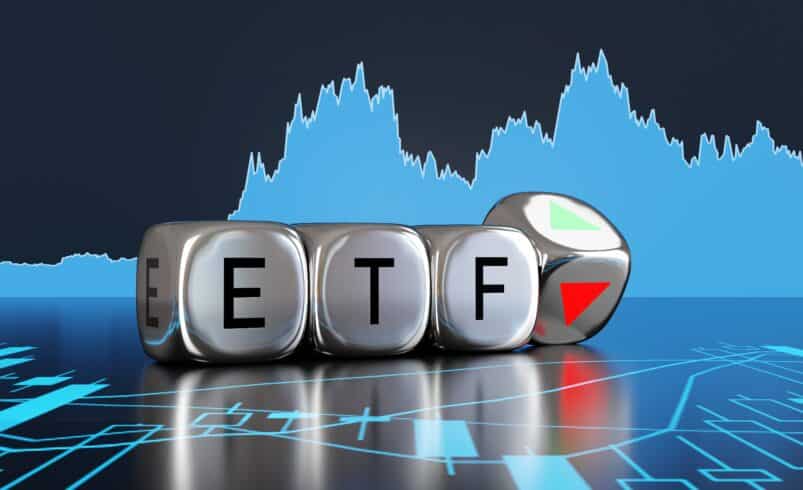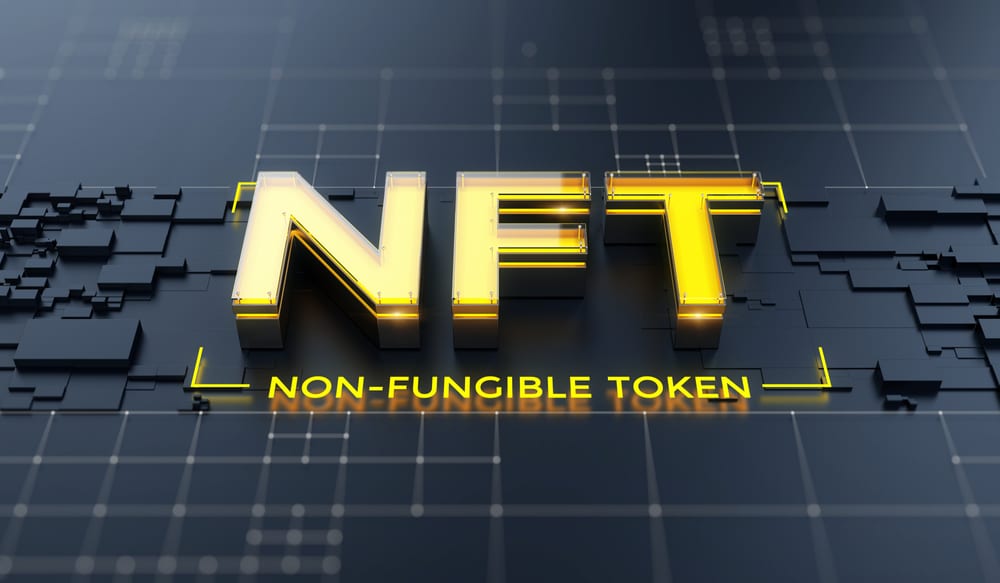Understanding Bitcoin ETFs and Their Impact on Crypto Investment

Investing in digital currencies such as Bitcoin entails intricate technicalities, including the management of an electronic wallet and the critical task of securing its private keys. In contrast, Exchange-Traded Funds (ETFs) simplify these complexities for prospective cryptocurrency investors, especially institutions. They offer exposure to the desired digital asset class without the burden of management.
Definition of a Bitcoin ETF
A Bitcoin ETF is a sophisticated financial instrument that mirrors Bitcoin’s market price. It allows investors to engage in Bitcoin’s price movements without possessing the cryptocurrency itself.
Moreover, unlike Bitcoin tokens, which are traded on cryptocurrency exchanges, Bitcoin ETFs are traded on traditional stock exchanges. This merges the qualities and potential benefits of mutual funds, stocks, and bonds.
Bitcoin ETFs have recently attracted significant interest as they present a more mainstream and regulated method of investing in Bitcoin. They appeal to conventional investors who are hesitant about purchasing and handling cryptocurrencies due to security concerns and technical challenges.
Categories of Bitcoin ETF
Two distinct categories of Bitcoin ETFs are differentiated by their engagement level with Bitcoin. These categories are spot and futures Bitcoin ETFs.
Spot Bitcoin ETF
A Spot Bitcoin ETF is a financial vehicle designed to provide investors with immediate exposure to Bitcoin’s real-time value. In this context, the term “spot” refers to the current market price of Bitcoin.
In addition, a Spot Bitcoin ETF holds Bitcoin. Its investments are in Bitcoin itself, not in derivative contracts based on Bitcoin’s price.
Functioning of Spot Bitcoin ETFs
An issuer of a Spot Bitcoin ETF acquires Bitcoins either from existing holders or through authorized cryptocurrency exchanges. These Bitcoins are then securely stored in a cold storage digital wallet, fortified with several layers of security to prevent risks such as hacking. A certified custodian manages this digital vault.
Moreover, the Spot Bitcoin ETF issuer creates shares corresponding to a specific amount of Bitcoin held. The ETF’s share price reflects the ongoing market value of Bitcoin. These shares are available for trading on standard stock exchanges. For conventional investors and traders, purchasing a Spot Bitcoin ETF is similar to buying shares in any other ETF or security.
Market liquidity and stability are maintained by market makers who continuously offer buying and selling options for ETF shares. Their critical role is essential in maintaining a stable market environment, ensuring investors can easily trade the ETF’s shares whenever necessary.
According to research by the notable market analysis firm CoinGecko, Spot Bitcoin ETFs for trading are currently established in only eight countries worldwide, including Canada, Germany, Brazil, and Australia.
Canada is at the forefront of Spot Bitcoin ETFs, having authorized six funds with a combined asset value of $2.79 billion. Germany is a close second, with two Spot Bitcoin ETFs, accumulating a significant total asset value of $1.13 billion.
Conversely, the United States has yet to approve any Bitcoin Spot ETF, primarily due to concerns about investor protection, the possibility of market manipulation, and other related issues.
Futures Bitcoin ETF
Unlike direct Bitcoin ETFs, Bitcoin Futures ETFs do not hold Bitcoin. Instead, they are investment tools rooted in derivatives.
These ETFs utilize financial instruments, specifically futures contracts, to track the price fluctuations of Bitcoin. Through these contracts, investors speculate about the future price trends of Bitcoin.
Functioning of Bitcoin Futures ETFs
A futures contract is a formal, time-sensitive agreement allowing the purchase or sale of Bitcoin at a set future date. These contracts do not imply possession of the actual Bitcoin.
Such contracts, upon reaching their expiration, must be settled or replaced. Noteworthy is that these Bitcoin futures contracts are actively traded on the USA’s Chicago Mercantile Exchange (CME).
Investors in Bitcoin futures-based ETFs agree to trade BTC at a specific price on a designated date, regardless of the market situation.
In these transactions, one party agrees to buy BTC at expiry, either at a lower or higher price than the market. The market is labeled as “premium” if the futures price is above the current spot price and “discount” if it is below.
The U.S. Securities and Exchange Commission (SEC) has sanctioned Bitcoin futures ETFs like ProShares Bitcoin Strategy ETF (BITO). Bitcoin futures are also available in other nations, such as Canada and Hong Kong.
Current Trends in Direct Bitcoin ETFs
As of December 2023, the U.S. SEC has yet to sanction a direct Bitcoin ETF. The regulatory agency has instructed asset managers to amend their applications with pending Bitcoin ETF proposals.
Leading asset managers seeking approval for direct Bitcoin ETFs include BlackRock, Fidelity, Franklin Templeton, and Invesco Galaxy.
The U.S. regulatory body is anticipated to decide on a direct Bitcoin ETF by early January 2024, with market sentiment generally optimistic.
Concurrently, authorities in Hong Kong have begun accepting applications for direct Bitcoin ETFs. In a recent announcement, the Hong Kong Monetary Authority (HKMA) and the Securities and Futures Commission (SFC) indicated their openness to such ETFs.
Potential Influence of Bitcoin ETFs on Bitcoin’s Price
Experts suggest that direct and futures-based Bitcoin ETFs could significantly impact Bitcoin’s market value. This influence could manifest in various ways:
Increased Market Participation
A direct Bitcoin ETF might attract new investors to the cryptocurrency sector, including high-profile investors previously hesitant to buy Bitcoin directly.
While not holding Bitcoin, Bitcoin futures ETFs can still affect its price by influencing market perceptions of Bitcoin.
Market Legitimacy
Introducing Bitcoin ETFs, straightforward ones, validates Bitcoin in the conventional financial sphere. This recognition could boost investor confidence and draw a broader investor base, potentially elevating Bitcoin’s price.
Enhanced Trading Opportunities
Bitcoin ETFs create more avenues for actively trading Bitcoin exposure, appealing to a diverse group of traders. This could lead to increased trading volume and market volatility.
Conclusion
Bitcoin ETFs, particularly direct ETFs, represent a significant evolution in the cryptocurrency domain, offering a regulated path for conventional investors to engage in the Bitcoin market. These ETFs could enhance market liquidity and attract more institutional participation.
DISCLAIMER: It's essential to understand that the articles on this site are not meant to serve as, nor should it be construed as, advice in legal, tax, investment, financial, or any other professional context. You should only invest an amount that you are prepared to lose, and it's advisable to consult with an independent financial expert if you're uncertain. To obtain more information, kindly examine the terms of service and the assistance and support resources made available by the issuing or advertising entity. Our website is committed to delivering accurate and unbiased news, yet it's important to note that market conditions may change rapidly. Also, be aware that some (but not all) articles on our site are compensated or sponsored.








